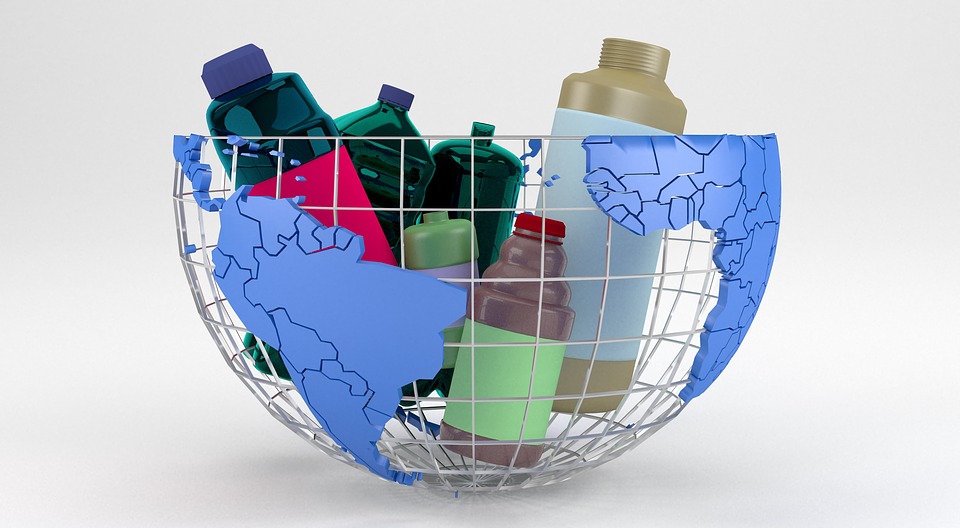What are Canada’s Top Provinces doing to Recycle and What Services do they Use
 Canada’s accumulating waste problem is managed differently by province. Comprehensive protocols have been established across the country and some provinces have been more successful than others at coming up with long-term, eco-friendly recycling systems. Across the country, billions of dollars’ worth of waste is produced every year. Acknowledging the provinces succeeding at waste management can hopefully provide some insight into how to implement processes and policy Canada-wide to address this growing issue.
Canada’s accumulating waste problem is managed differently by province. Comprehensive protocols have been established across the country and some provinces have been more successful than others at coming up with long-term, eco-friendly recycling systems. Across the country, billions of dollars’ worth of waste is produced every year. Acknowledging the provinces succeeding at waste management can hopefully provide some insight into how to implement processes and policy Canada-wide to address this growing issue.
Prince Edward Island
Believe it or not, PEI is one of the best provinces in Canada when it comes to recycling. In 1989, federal and provincial stakeholders in Canada agreed to reductions in solid waste in half by the year 2000. In residential and commercial solid waste, Prince Edward Island was the only province to accomplish it – the other 9 provinces couldn’t get it done. To this day, they remain a leader in waste management and recycling practices.
Ontario
Ontario has implemented a Waste-Free Ontario strategy comprising of fifteen actions to help reduce greenhouse gas emissions derived from landfills and build up the province’s circular consumption economy. Long-term, it’s difficult to predict how successful Waste-Free Ontario will be however in philosophy, there’s a lot it gets right. This includes requiring waste producers to take responsibility for the environmental impact of their products and packaging, requirements for increased waste diversion, and the banning of certain products from landfill disposal.
Quebec
Quebec uses a mobile app for its Charter of Recyclable Materials allowing citizens to look up what’s recyclable and what isn’t. The hope is for this to cut down on cross-contamination. There’s ongoing discussion in Quebec towards stronger recycling practices, more organic waste management facilities, and the refusal to accept certain products such as plastic bags in packaging. In the next decade, Quebec might prove to be a leader in recycling as they’re making a lot of investment in infrastructure that could play out very well.
Alberta
Alberta is making a lot of positive recycling changes, particularly in cities like Edmonton and Calgary. New recycling and disposal programs in these metropolitan areas are going to make a huge difference long-term in how the province manages its waste. Much of Alberta is building from the proven policies of its two major cities.
Nova Scotia
Nova Scotia is developing new recycling programs, R&D opportunities, and regulations to guide an annual waste disposal target of less than 300 kg per person by 2018’s end. The province has also put forth a lot of effort in upholding their current commitment of 50 percent waste diversion. Towards the future, Nova Scotia might prove to be one of Canada’s brightest provinces when it comes to recycling efforts.
British Columbia
BC has the Road to Zero Waste program which targets educating the province’s students on environmentally-friendly practices. BC’s overall waste management strategy is somewhat similar to Ontario’s. It remains to be seen whether the philosophies discussed are adequately implemented to make a real difference in how they manage waste, recycle, and reuse.
Manitoba, Newfoundland and Labrador, Saskatchewan, and New Brunswick are also making investments in recycling initiatives. Needless to say, taking care of Canada is a high priority for us. As one of Toronto’s top waste management and recycling companies, Core Mini Bins continues to serve the community with quality eco-friendly services they can trust.


